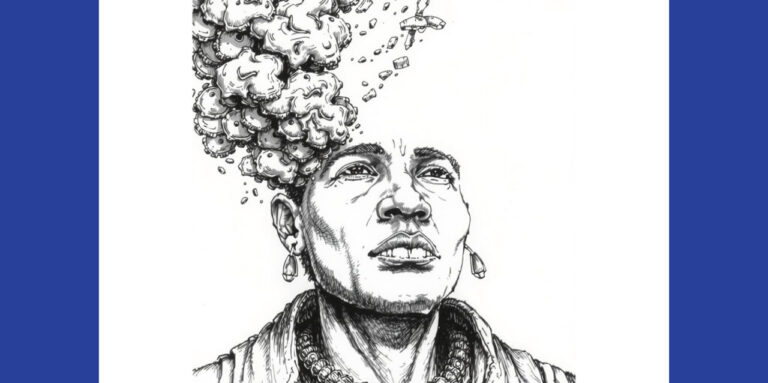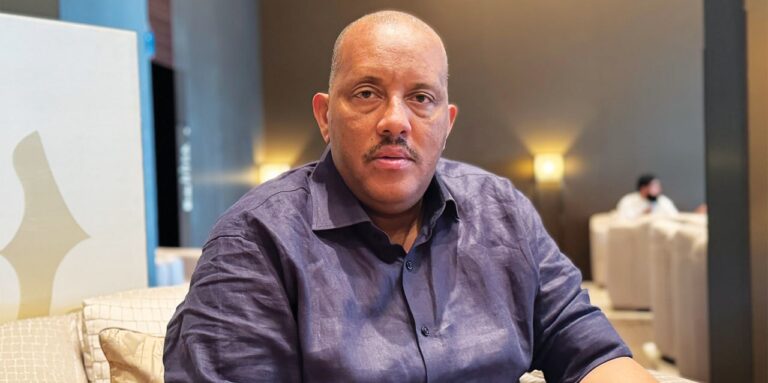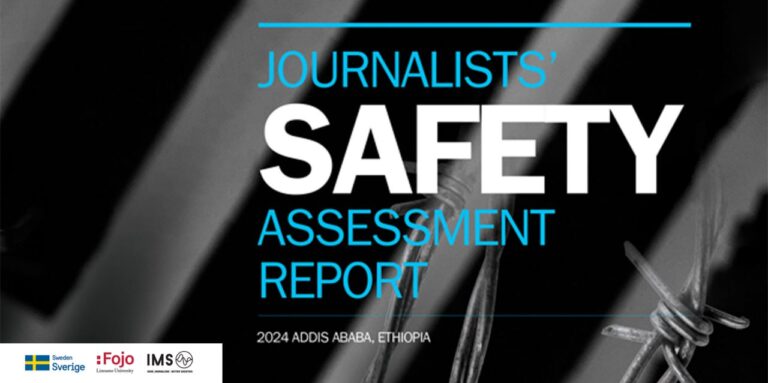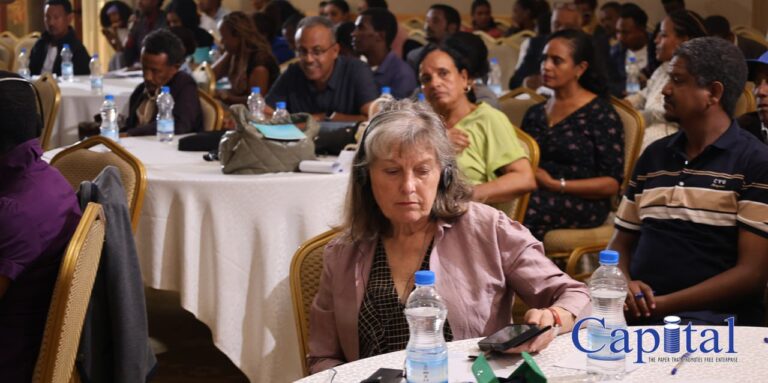Over the past four decades, Ethiopia has witnessed a profound transformation in its economic landscape, driven by market-oriented policies. However, this shift has led to a society where the traditional link between hard work and wealth has become increasingly tenuous. Instead, a new aristocracy has emerged, built on unearned income and rent-seeking activities, rather than productive labor. This phenomenon is not unique to Ethiopia but reflects broader global trends where wealth often accrues to those with access to power and resources, rather than those who contribute through hard work.
Ethiopia’s modern sector has leapfrogged the traditional phase of capitalist development, where wealth is generated through productive work. Instead, it has created a rentier system, where land, capital, and even labor are controlled by those in power. The federal model and market-oriented policies have effectively abrogated the land proclamation of the 1970s, allowing regional states to allocate land, which has become a major source of wealth for the politically connected. This has led to the emergence of a landed aristocracy, where those with influence reap the benefits, while the broader population is left behind.
The allocation of land is often guided by political considerations rather than economic viability or social equity. Formal guidelines for equitable distribution exist, but in practice, those connected to the power structure are disproportionately favored. This has resulted in a system where wealth is concentrated in the hands of a few, while the majority struggle to access basic resources.
The allocation of credit by administrative officials without regard for economic balance has resulted in a banking system burdened with uncollectable debts. Malinvestments in manufacturing, commercial farming, real estate, and export businesses have accumulated, threatening the stability of the economy. The lack of critical thinking in policy-making has allowed these imbalances to persist, enriching a few at the expense of many. When the economic reckoning comes, it will likely be the general population that bears the brunt, not those who have profited from these practices.
The economic policies of the past decades have been characterized by unrealistic expectations and inefficient resource allocation. Projects that were supposed to drive growth have often ended in failure, leaving behind a trail of debt and unfulfilled promises. The absence of robust oversight and accountability has allowed corruption to flourish, further exacerbating economic woes.
Beyond the economic figures, there is a human cost to these policies. Many Ethiopians have seen their livelihoods disrupted as they are displaced from their homes or forced to sell their assets to make way for large-scale projects. The promise of economic development has often been used to justify policies that benefit the elite at the expense of the poor. This has led to widespread disillusionment and frustration among the population.
The current system has also stifled innovation and entrepreneurship. In a rentier economy, success is often determined by political connections rather than business acumen or hard work. This discourages genuine entrepreneurship and innovation, as individuals are more likely to seek wealth through political influence than through creating value.
The current system is unsustainable and has eroded trust in the political leadership. The ruling party must acknowledge its mistakes and reform its policies to dismantle the rentier system. An effective nationwide integrity system involving public participation is essential to prevent corruption and ensure that economic policies serve the broader population, not just the elite. It is crucial to engage capable thinkers in policy-making, rather than relying on outdated ideologies that have failed to deliver meaningful change.
Reform should focus on creating a more inclusive economy where opportunities are available to all, regardless of political connections. This involves strengthening institutions, improving transparency, and ensuring that economic policies are grounded in evidence and critical analysis. By doing so, Ethiopia can unlock its full potential and ensure that its economic growth benefits all citizens, not just a privileged few.
Implementing these reforms will not be easy. The entrenched interests of the new aristocracy will resist any attempts to dismantle the system that has enriched them. However, the alternative is a continued slide into economic instability and social unrest. The ruling party must choose between maintaining the status quo and risking further erosion of legitimacy or embarking on a path of reform that could restore trust and stability.
The international community also has a role to play. By supporting reforms that promote transparency and accountability, international partners can help Ethiopia transition towards a more equitable and sustainable economic model. This could involve providing technical assistance, supporting civil society organizations, and advocating for policies that benefit the broader population.








